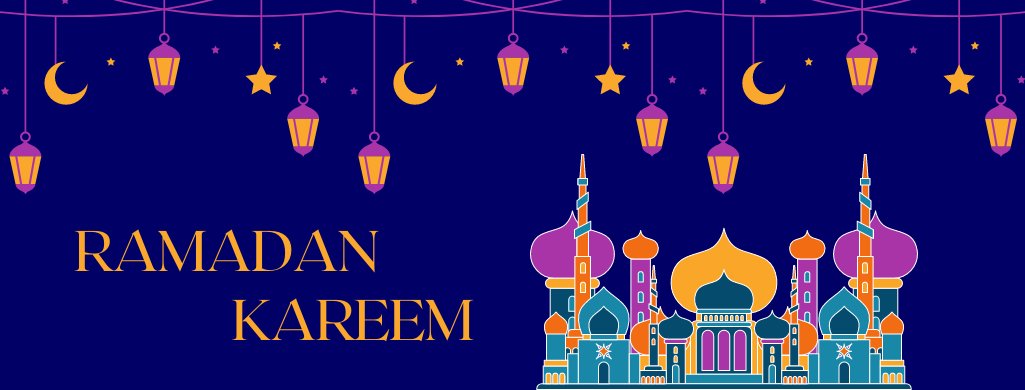
Ramadan is an Islamic holy month. Because the Islamic calendar is a Lunar Calendar (measures time based on the different phases of the moon) the dates for Ramadan can change from year to year, but this year Ramadan will be observed from April 12th to May 12th. We're taking advantage of the first day of Ramadan to learn a little more about this month that is so important to our Muslim friends and neighbors.
Ramadan is a month during which Muslims (people who follow the religion of Islam) fast from when the sun rises until the sun sets. Fasting means no eating or drinking! Think about how breakfast is the first meal of the day after you haven't eaten all night. Do you get it? Break. Fast.
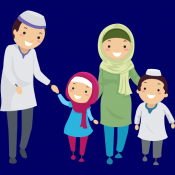
Muslims observe Ramadan to honor their devotion to the Islamic faith. In addition to the fast, Ramadan is supposed to be a month when Muslims are on their best possible behavior. Though we should always aim to be truthful and kind, during Ramadan it is especially important. All Muslims are encouraged to fast, though children do not have to fast all day until they are teenagers. There are also exceptions for people who are pregnant, sick, or elderly but many Muslims look forward to their month of devotion and families support and encourage each other all month long.
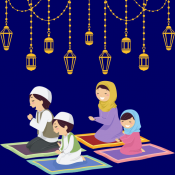
Prayer or salāt is always an important aspect of Islam and that doesn't change during Ramadan. Muslims pray five times a day—just before dawn, at midday, in midafternoon, just after sunset, and at night. When praying, Muslims stand and kneel on prayer rugs facing the holy city of Mecca which is in Saudi Arabia. Prayer can be performed anywhere, but during Ramadan many mosques (an Islamic house of worship) hold special gatherings.
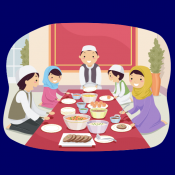
Because Muslims do not eat during daylight hours during Ramadan, their eating habits often change. Many Muslims will awaken before dawn during Ramadan and take part in a meal before sunrise that is called Suhoor. Likewise, when the sun sets, there is often a large feast when friends and neighbors come together to break the fast. This meal is called Iftar. Iftar meals will contain a variety of foods but dates (fruit of the date palm) are an important aspect.
When the month of Ramadan is over, one of the major Islamic festivals begins; Eid al-Fitr. Eid al-Fitr means the Feast of Fast-Breaking in Arabic and is a celebration of accomplishing Ramadan. Muslims around the world celebrate with their friends, families, and neighbors for three days. These three days are full of festive meals, community celebrations, and children often receive gifts during Eid al Fitr.
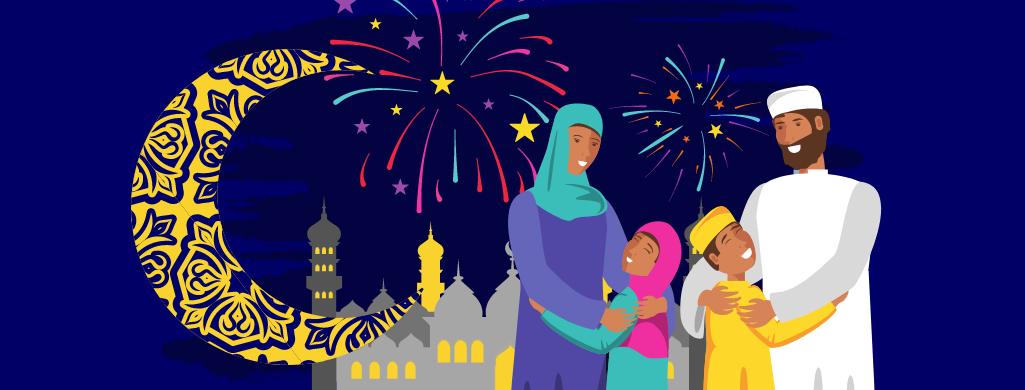
Now that we've learned so much about Ramadan and Eid al-Fitr, make sure you don't forget to wish your Muslim friends and neighbors a Ramadan Kareem (Generous Ramadan) or Ramadan Mubarak (Honored Ramadan) and let's learn even more by checking out these great books about Ramadan, Eid al-Fitr, Islam, and Muslim culture at your local library branch:
Stories About Ramadan & Eid al-Fitr:
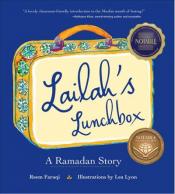

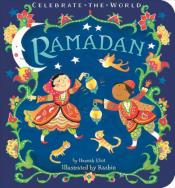
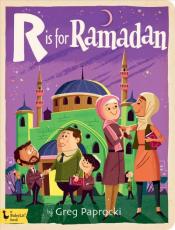
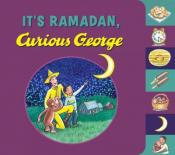
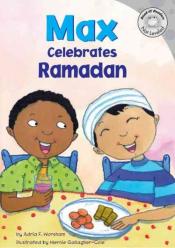
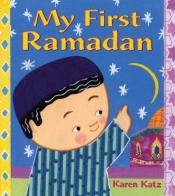
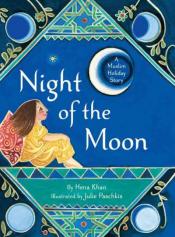

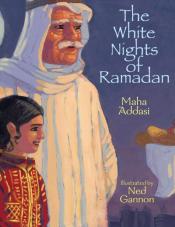
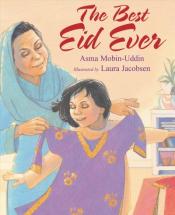
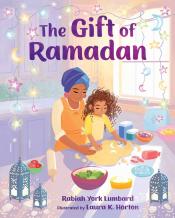
Stories About Islam & Muslim Culture:
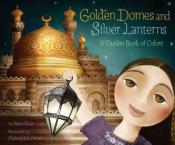
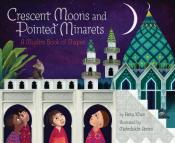
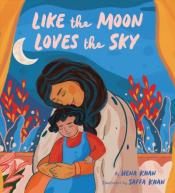
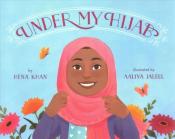
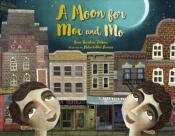
Facts About Ramadan & Eid al-Fitr:
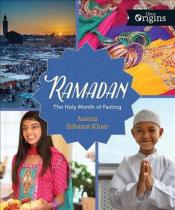
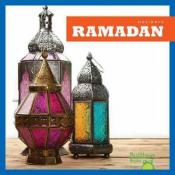
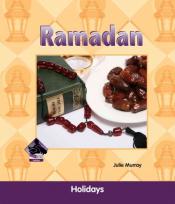
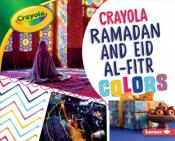
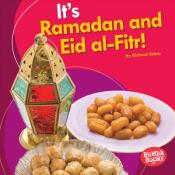
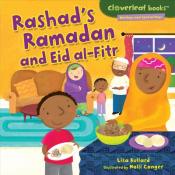
Facts About Islam & Muslim Culture:
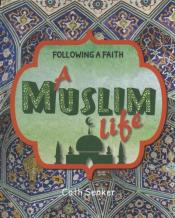
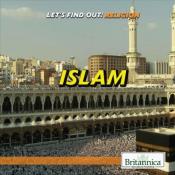
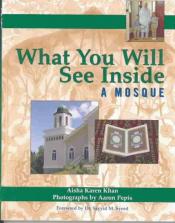
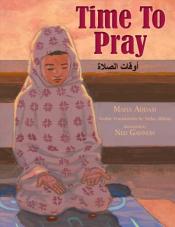
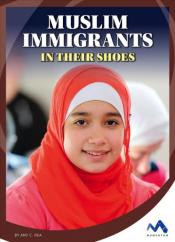
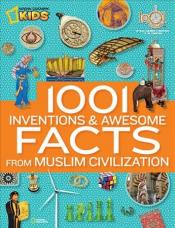
Bonus Story Collection:
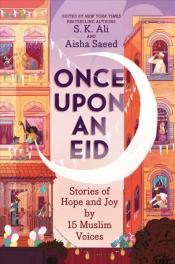
Once Upon an Eid is a collection of short stories that showcases the most brilliant Muslim voices writing today, all about the most joyful holiday of the year: Eid!
Eid: The short, single-syllable word conjures up a variety of feelings and memories for Muslims. Maybe it's waking up to the sound of frying samosas or the comfort of bean pie, maybe it's the pleasure of putting on a new outfit for Eid prayers, or maybe it's the gift giving and holiday parties to come that day.
Whatever it may be, for those who cherish this day of celebration, the emotional responses may be summed up in another short and sweet word: joy. The anthology will also include a poem, graphic-novel chapter, and spot illustrations.
Source: WorldBook, Encyclopedia.com